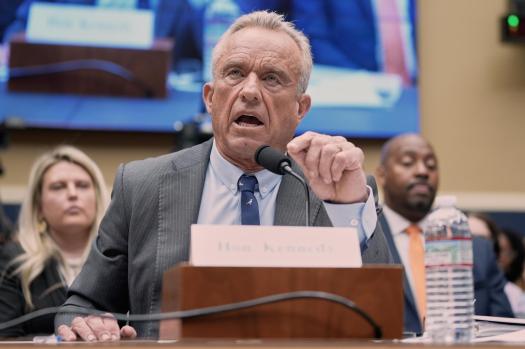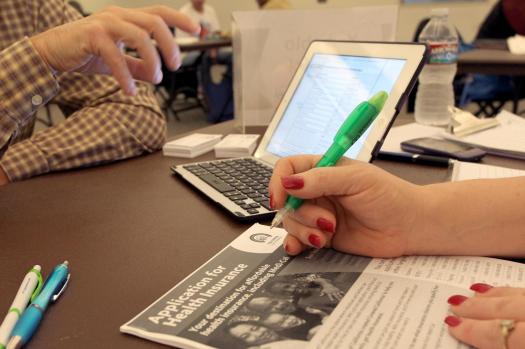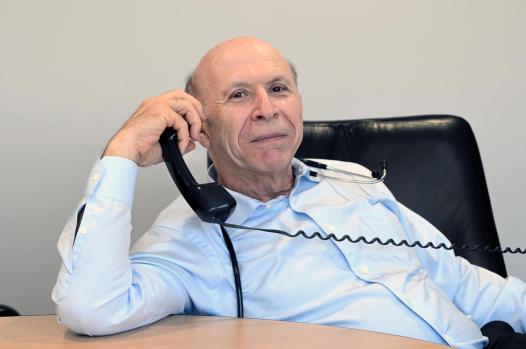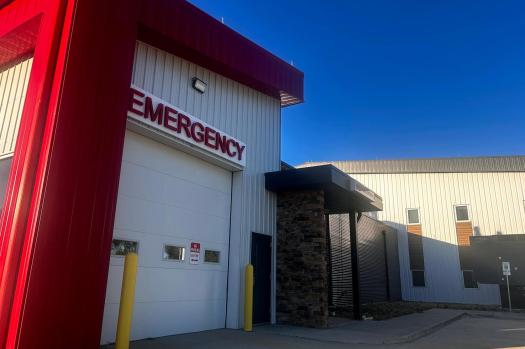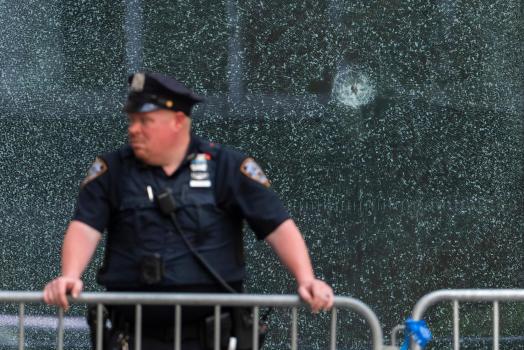By The Associated Press
Robert F. Kennedy Jr., the health secretary, stated during his Senate confirmation hearings that he would not compromise immunizations.
He declared, “I will not enter HHS and force my preconceived notions on anyone there.” I’m going to provide the HHS scientists the freedom to carry out their duties and ensure that our science is sound and supported by evidence.
Additionally, he said that he would not stop financing for vaccination programs that Congress has mandated or impose restrictions that would compel local, state, or international organizations to restrict access to vaccines or vaccine promotion.
He stated, “I’m not going to replace science with my judgment.”
However, Kennedy’s Department of Health and Human Services has taken extraordinary measures to alter the way vaccines are assessed, authorized, and advised—sometimes in ways that defy accepted scientific wisdom.
Here are some of Kennedy’s words and actions since taking over as the country’s top health official on February 13.
Kennedy promised him that he would not alter current vaccine recommendations, according to Sen. Bill Cassidy, a doctor who was uneasy about Kennedy’s antivaccine activities.
Children should adhere to the CDC timetable, in my opinion. During his Senate confirmation hearing, Kennedy stated, “And when I get in there, I will support the CDC schedule.”
Kennedy added that he would not try to limit access to the polio vaccination because he believed it to be both safe and effective.
Kennedy promises to look at the children vaccination regimen that guards against polio, measles, and other serious illnesses on February 18.
Early March: Research on approaches to increase vaccine access and trust is canceled by the National Institutes of Health.
April 9: Before continuing to voice worries about vaccine safety, Kennedy tells CBS News that while people should obtain the measles vaccine, the government shouldn’t require it.
Kennedy releases a report on May 22 that, among other things, questioned the need for vaccination requirements for children to be admitted to school and recommended that vaccinations be subjected to additional clinical trials, including those using placebos. Because the first version of the report included studies that do not exist, it must be reissued later.
May 30: The Centers for Disease Control and Prevention says healthy youngsters can receive the COVID-19 vaccines, but they remove the recommendations for pregnant women.
June 25: Kennedy-selected vaccine advisers declare they will form a work committee to assess the overall impact of the children’s vaccination regimen.
Kennedy declares on June 25 that the United States would no longer support the Gavi vaccine cooperation. He charges the organization and the WHO with stifling opposing opinions and valid concerns regarding the safety of vaccines.
“Do you commit that you will revise any CDC recommendations only based on peer review, consensus based, widely accepted science?” Cassidy asked Kennedy during the confirmation hearing.
Kennedy said, “Yes, without a doubt,” adding that he would rely on research that is supported by data.
HHS postpones a meeting of external vaccination advisors on February 20.
April 16: The CDC’s vaccine advisory panel convenes and recommends a new vaccination that guards against meningococcal bacteria and that individuals aged 50 to 59 who have specific risk criteria be able to receive the respiratory syncytial virus vaccine. The suggestions have not been implemented by the CDC or HHS as of late June.
Related Articles
-
Supreme Court upholds Texas law aimed at blocking kids from seeing pornography online
-
Supreme Court says Maryland parents can pull their kids from public school lessons using LGBTQ books
-
Supreme Court preserves key part of Obamacare coverage requirements
-
Supreme Court OKs fee that subsidizes phone, internet services in schools, libraries and rural areas
-
Supreme Court limits nationwide injunctions, but fate of Trump birthright citizenship order unclear
May 27: A number of public health professionals instantly questioned Kennedy’s announcement that the COVID-19 vaccine is no longer advised for healthy youngsters and expectant mothers. The film announcing the revisions does not feature any representatives from the CDC, the organization that issues such recommendations.
Kennedy dismissed all 17 members of the scientific panel that advises the CDC on the proper use of vaccines on June 9.
Kennedy appoints new vaccination policy advisers on June 11 to take the place of the panel he sacked. They include a business school professor, a prominent critic of lockdowns during the COVID-19 pandemic, a nurse connected to a group that is widely regarded as a major source of vaccine misinformation, and a scientist who gained notoriety by spreading conspiracy theories about the pandemic and the vaccines that followed.
June 26: Kennedy’s vaccine advisors advise against using a component in flu vaccinations that antivaccine organizations have incorrectly linked to autism. The vote follows a presentation by the former leader of an antivaccine group. A committee member claims that a CDC staff study of earlier studies on the subject was taken off from the agency’s website because Kennedy’s office had not approved the report.
Cassidy questioned Kennedy during the Senate hearing if he would maintain the FDA’s traditionally strict vaccine screening guidelines.
“Yes,” Kennedy said.
March 29: Kennedy orders the resignation of the FDA’s chief vaccination official. According to the official, Peter Marks, he was concerned that Kennedy’s staff may alter or remove information from a database on vaccination safety.
Kennedy appoints Dr. Vinay Prasad, a vocal opponent of the FDA’s management of COVID-19 boosters, as the agency’s vaccine chief on May 6.
May 16: Following a delay, the FDA fully approves Novavax’s COVID-19 vaccine, but with some odd limitations: According to the EPA, it should only be used by persons 65 and older or those aged 12 to 64 who have at least one medical condition that increases their risk of contracting COVID-19.
May 20: Seniors and other high-risk individuals are the only ones approved for seasonal COVID-19 vaccinations, according to top officials, while additional data on everyone else is awaited. In sharp contrast to the previous federal policy that recommended a yearly COVID-19 vaccination for all Americans aged six months and older, the FDA now requires businesses to carry out extensive, long-term studies before modifying vaccinations for healthier individuals may be approved.
May 30: Moderna’s new COVID-19 vaccine is approved by the FDA, but it has the same restrictions on who can receive it as Novavax’s vaccine.
Kennedy stated at his confirmation hearing that he would back the creation of an H5N1 bird flu vaccine.
He declared, “I’m going to keep researching all types of vaccines.”
May 28: Moderna’s $766 million contract to create a vaccine against potential pandemic influenza viruses, such as the H5N1 bird flu, is canceled by the Biomedical Advanced Research and Development Authority, an HHS agency.
The Robert Wood Johnson Foundation and the Science and Educational Media Group of the Howard Hughes Medical Institute provide support to the Associated Press Health and Science Department. All content is entirely the AP’s responsibility.
